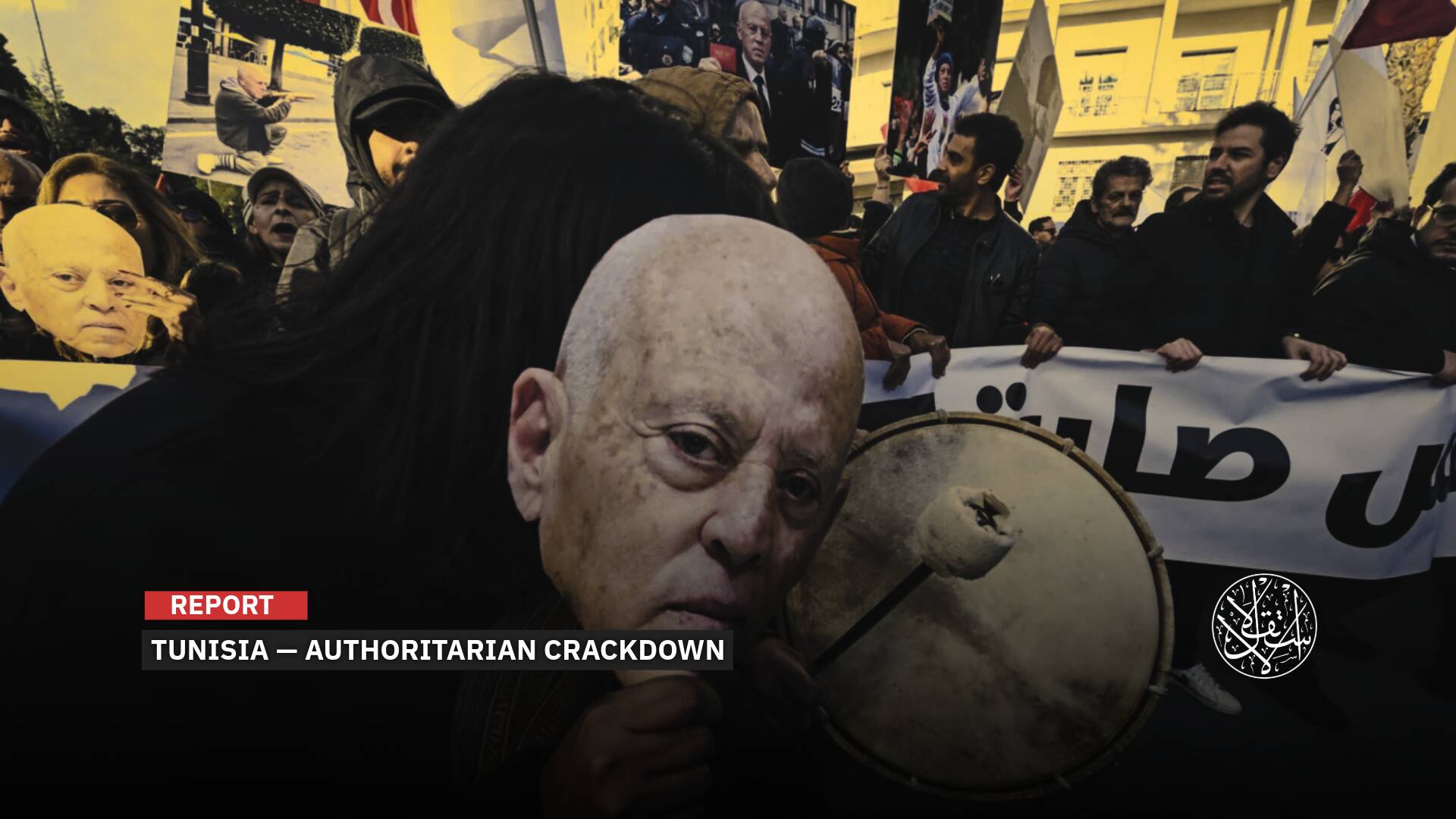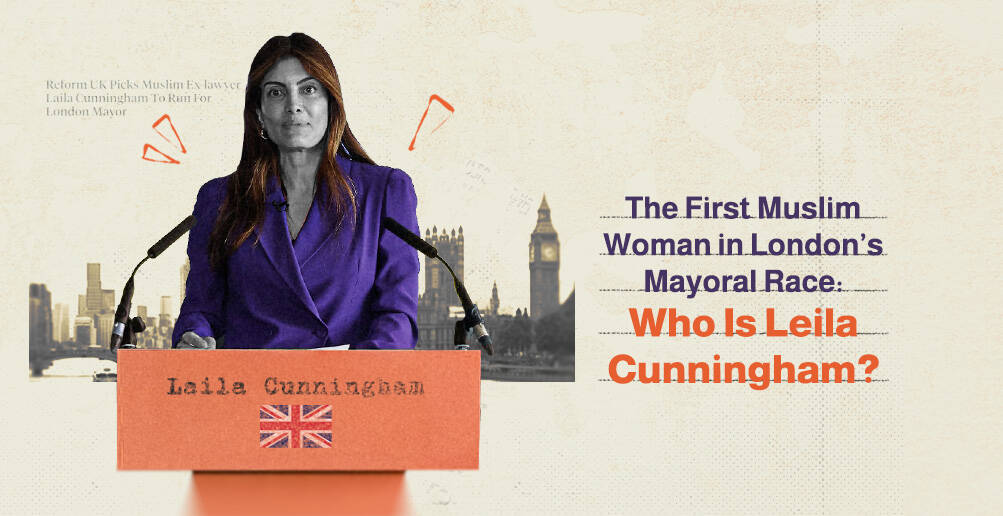Tunisia's Private Hospitals Are No More Private Amid Covid-19 Crisis

The French newspaper "Le Monde" spent a day among Tunisians surveying their conditions in light of the crisis of the outbreak of Covid-19 "Corona" in the country, which is facing severe difficulties in confronting the pandemic.
The newspaper reported that the Saint Augustine Health Foundation in Tunis provided free consultations and surgeries for the poorest Tunisians on August 2 and 3, 2021, to relieve pressure on public hospitals.
The French daily described the situation in the clinic as "stable calm" in the emergency departments of the clinic, referring to the situation of a woman falling asleep in a chair waiting for her consultation in a reception room with few patients.
The newspaper considered that the calm scene in the sanatorium is completely the opposite of the images of crowded public hospitals, due to the exacerbation of the numbers of people infected with “Corona” that were circulated in Tunisia in July and August 2021.
“Le Monde” pointed out that the St. Augustine Clinic helped public institutions that had to postpone some surgeries in order to care for Corona patients.
Doctor at the clinic, Chafik Smaida, says, "It was a way to participate and perhaps also to encourage the rest of the private sector to take initiatives."
Since the beginning of the pandemic, Tunisians have criticized private health institutions for leaving public hospitals to deal with waves of infection with the Coronavirus.
Smaida, who believes that responsibilities are shared with the Tunisian Ministry of Health, admits, "It is clear that we were not at the level of the crisis."
As of August 12, 2021, 21,220 deaths due to the pandemic have been recorded in Tunisia, with a positive rate of 23 percent.
Quick Rescue
The French newspaper confirmed that 42 patients were transferred to the Saint Augustine Clinic for treatment and surgery at the height of the Corona wave in July 2021.
It stressed that "currently, only 15 patients remain, due to the role of the doctor Smaida who devoted himself to patients who came for free surgeries."
In the first phase of receiving patients at the sanatorium, the newly born males were circumcised. They can be identified by the traditional dress called the "jebba" .
He explained to the newspaper that the parents "did not want to risk taking their children to hospitals where there are cases of infection."
Amal Bouali, 36, came to the clinic from Al-Tadhamon neighborhood in Tunisia, for the circumcision of her son. She says: "I saw the clinic's advertisement on Facebook, and at first I did not believe it, but when we arrived, we were taken care of."

In an adjoining room, Nasser Zubair is lying on his bed and his wife next to him while his leg has been amputated due to an untreated arterial infection.
Nasser explains his condition and tells the newspaper: "I live in the southern suburb of Al-Morouj, and I usually go to the (Al-Rabeeh) General Hospital, but now it is difficult to plan for surgery, as there are many people."
Malika Al-Arabi, 56, a mother of five, came to the aforementioned clinic for a hernia surgery. "I hope they will also help us in providing medicines and follow-up," she says.
In total, "Le Monde" reported that 40 patients were transferred to the sanatorium for free treatment in early August 2021.
Doctor Smaida hopes that his initiative will give a new impetus to the previously difficult cooperation between the Ministry of Health and the private sector.
He says, "During the first wave of Corona, I suggested that each clinic put two recovery beds at the ministry's disposal, to avoid the catastrophic scenes."
He refers to the scenes of "ambulances roaming hospitals desperately looking for places for intensive care", and stresses that "discussions with the authorities in this regard have failed."
Political Status
The newspaper commented by saying: "It is a proposal that did not help the political situation to improve," pointing to the appointment of "five health ministers who have followed each other in Tunisia since the beginning of the epidemic in March 2020".
It pointed out that the Tunisian government finally called for the provision of nine private clinics on July 18, 2021, when the lack of oxygen reached a critical point in public hospitals.
The head of the Syndicate of Private Clinics, Boubaker Zakhama, says: "We were able to provide clinics in the Sahel, Sfax and Tunis, but the matter did not last long."
He adds: "Only 15 patients were treated for about 4 days, because at that time many hospitals were able to receive oxygen thanks to international mobilization and donations."
The newspaper stressed that “what happened is a late step,” and according to the doctor Smiada, “the pandemic must be better prepared in the future.”
"Le Monde" hinted that Smaida, "At the height of the epidemic, he himself had to manage an occupancy rate of nearly 80 percent of the family in the intensive care unit of his sanatorium."
It stressed that "currently, the country is facing a large number of cases, but it is accelerating the vaccination campaign, as Tunisians received about 5 million doses within a few weeks thanks to external donations and bilateral agreements."
The vaccination campaign for those over the age of 40 succeeded, on August 8, 2021, as 500,000 Tunisians were vaccinated in one day, which means 4 percent of the population.
A new campaign is planned for August 15, 2021, for young people between the ages of 18 and 39.









